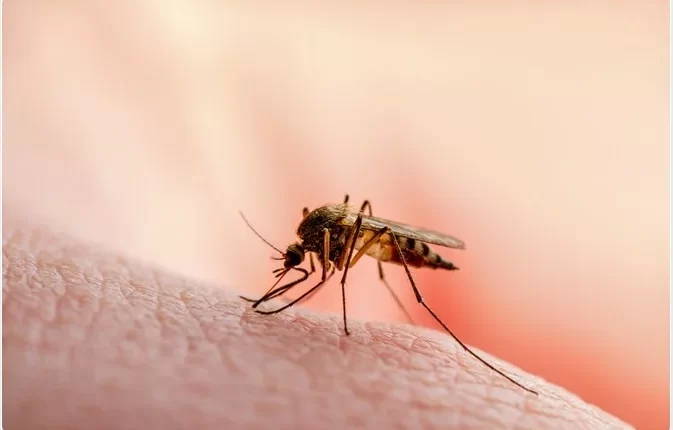Malaria is a serious and potentially life-threatening disease caused by the Plasmodium parasite. It is transmitted through the bite of infected mosquitoes. Taking care of a malaria patient requires special attention and care to ensure their comfort and recovery.
In this article, we will discuss effective ways to take care of a malaria patient, providing you with valuable insights and practical tips.
Symptoms and Diagnosis
To effectively take care of a malaria patient, it is important to recognize the symptoms and seek a proper diagnosis. The common symptoms of malaria include high fever, chills, headache, muscle aches, and fatigue. If you suspect that someone has malaria, it is crucial to consult a healthcare professional for a definitive diagnosis. They will conduct tests, such as blood smears or rapid diagnostic tests, to confirm the presence of the malaria parasite.
How To Take Care Of A Malaria Patient
When caring for a malaria patient, there are several key aspects to consider. By following these guidelines, you can provide them with the necessary support and help ensure their recovery.
1. Ensure Rest and Comfort
One of the most important aspects of caring for a malaria patient is to ensure they get plenty of rest. Malaria can cause extreme fatigue, and rest is crucial for the body to recover. Provide a comfortable and quiet environment for the patient to rest in, with a well-ventilated room and a comfortable bed.
2. Monitor and Regulate Temperature
Malaria often causes fever and chills. It is essential to monitor the patient’s temperature regularly and take appropriate measures to regulate it. Use a digital thermometer to measure the temperature accurately. If the patient’s temperature rises above normal, use cooling methods like damp washcloths or fans to help bring it down. Conversely, if the patient experiences chills, provide warm blankets and coverings to keep them comfortable.
3. Hydration is Key
Malaria can cause dehydration due to sweating and fever. Encourage the patient to drink plenty of fluids, such as water, fruit juices, or oral rehydration solutions. Ensure that they have easy access to clean drinking water throughout the day. Adequate hydration helps the body fight the infection and prevents complications.
4. Administer Medication as Prescribed
Malaria treatment typically involves antimalarial medication prescribed by a healthcare professional. Ensure that the patient takes the medication as directed, following the proper dosage and timing. It is essential to complete the full course of medication, even if the symptoms subside before completion. Remind the patient about their medication schedule and offer support to ensure they adhere to it.
5. Provide a Nutritious Diet
A well-balanced and nutritious diet plays a vital role in the recovery process. Offer the patient a variety of nutrient-rich foods, including fruits, vegetables, lean proteins, and whole grains. These foods provide essential vitamins and minerals that support the immune system and aid in the recovery process. Avoid foods that are heavy and difficult to digest, as they may exacerbate the patient’s symptoms.
6. Prevent Mosquito Bites
While caring for a malaria patient, it is crucial to take preventive measures to avoid further mosquito bites. Mosquitoes can transmit malaria to other individuals if they bite an infected person and then bite someone else. Use mosquito nets, screens, or repellents to protect the patient from mosquito bites. Ensure that their living environment is free from stagnant water, which serves as a breeding ground for mosquitoes.
Conclusion
Taking care of a malaria patient requires a combination of rest, proper medication, hydration, and a nutritious diet. Creating a comfortable environment and taking preventive measures against mosquito bites are also crucial. By following the guidelines outlined in this article, you can ensure the well-being of a malaria patient and contribute to their speedy recovery.
You May Also Like | Stuart M. Rios blamed child victim for sexual assault: Cops
FAQs
Yes, malaria can be cured completely with timely and appropriate treatment. The key is to seek medical help as soon as symptoms appear and follow the prescribed treatment regimen.
No, malaria is not directly contagious. It cannot be transmitted from person to person through casual contact. However, it can be transmitted through the bite of an infected mosquito.
Yes, in some cases, malaria can recur after treatment. This is known as a malaria relapse. It usually occurs when the initial treatment does not completely eliminate the parasite from the body. It is important to complete the full course of medication to reduce the risk of relapse.
Yes, several preventive measures can help avoid malaria. These include using mosquito nets while sleeping, applying mosquito repellents, wearing protective clothing, and eliminating mosquito breeding sites by removing stagnant water.











